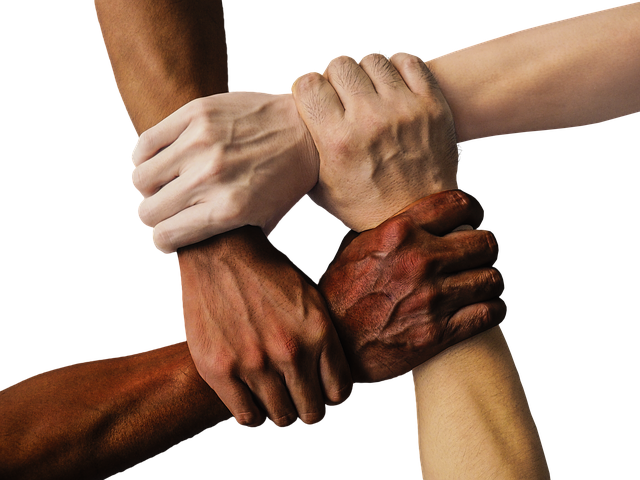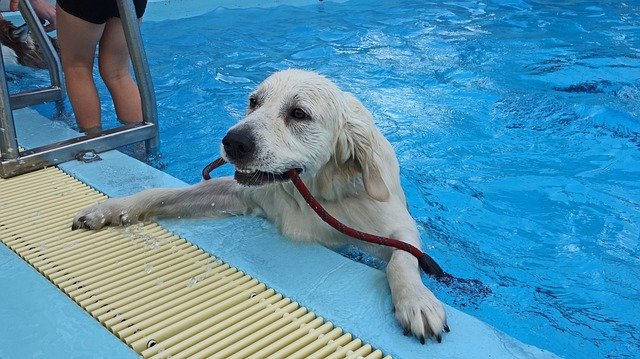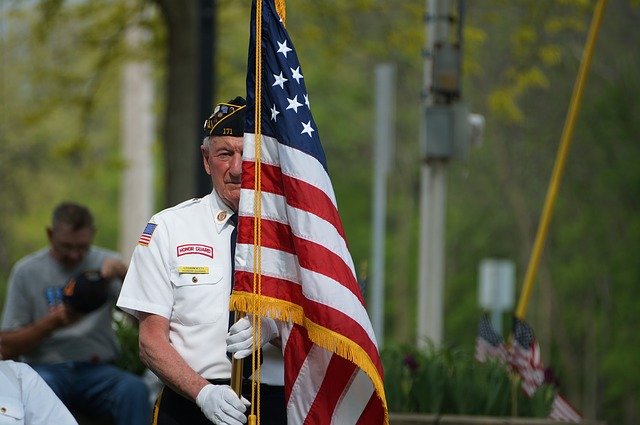While she is remembered for the innovative and lasting education method that bears her name, Maria Montessori was much more. She was a physician, a scientist, a tireless activist for women’s rights, and an advocate for peace. To Dr. Montessori, the hope for a true and lasting peace was tied up in the education of children. A moral education focused on a respect for diversity, citizenship and acceptance of personal responsibility was at the center of her hope for the future. In the lobby of our Woodlands location you will find a placard that reflects this hope in a framed quote. It reads “Establishing lasting peace is the work of education; all politics can do is keep us out of war”.
If you have been following these articles, you might ask the same question of peace that we posed for joy. That is… is peace a value? Our response is largely the same as it was for joy. Peace unto itself is not a value, but rather the outcome of people living value laden lives. Joy is something we can achieve on our own, but it would appear that peace requires that all embrace the practice of living this way in order for it to be achieved (and last). But thankfully we do not believe this to necessarily be the case. As we near the culmination of this series on values we look back and suggest that what is required is that those who lead set the example of living a value laden life and a Montessori education prepares children to do these things: lead and live right.
In bygone days when we toured during the school day, we always made it a practice to try and do so during the work cycle. Were many other schools to do so it is likely that chaos would be part of the tour. But Montessori classrooms tend to be peaceful places. Disruptions can and do happen, but it is generally the case where we get to behold the wonder of 25 children aged 3 to 6 quietly going about their work and engaging peacefully with each other. This is of course not an accident. Rather it is an outcome of a focus on grace and courtesy and an environment that reinforces those character traits. This modeling of peace via grace and courtesy is achieved in many ways.
In Montessori, there is an emphasis on manners, not just with adults, but with other children. We emphasize please, thank you, and excuse me. We also provide guidance on how to respond when others are not acting in a graceful manner such as when the phrase “You are not my friend” is uttered. Children learn how to greet each other as well as how to greet adults. Polite behavior is modeled and we go as far as covering even how we nicely tell others we wish to be alone.
– Our directresses and assistants provide help with how to question and disagree. Questions may be focused on how to use new and unfamiliar work, how to request food at the lunch table or even how to ask for a hug. When disagreements arise, and they always will in this age group, we teach and model how to handle them.
– Finally, we model and instruct peaceful behavior. How would you watch another child work? When others are working, how do you carry yourself in the classroom? How do you demonstrate respect for the work with your behavior?
If you have questions about how we reinforce these behaviors that lead to peace, feel free to reach out to one of our directresses. Montessori and peace are intertwined and we love sharing what we do.





